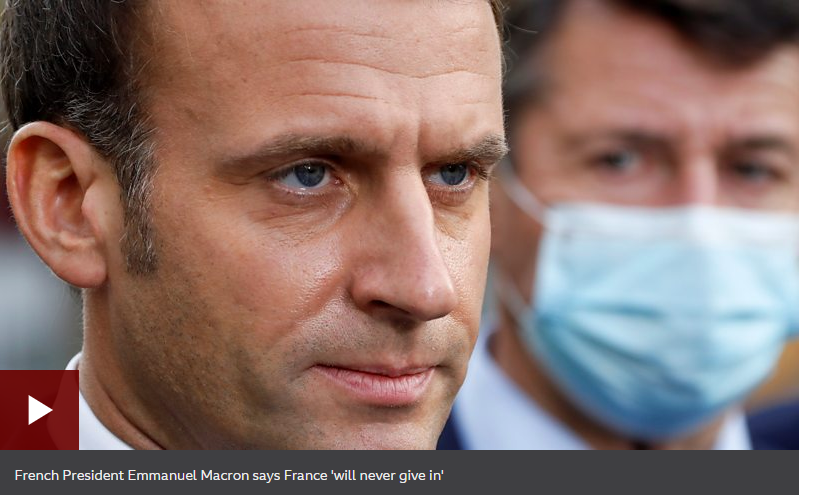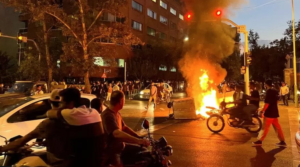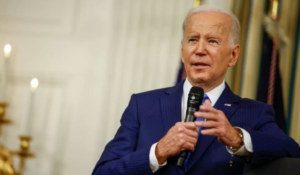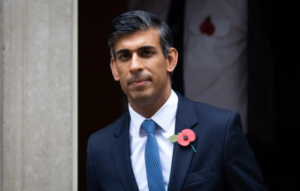France: Muslims under pressure to sign French values charter

France Islam
France Muslim Council is due to meet President Emmanuel Macron this week, to confirm the text of a new “charter of Republican values” for imams in the country to sign.
The Council (CFCM), which represents nine separate Muslim associations, has reportedly been asked to include in the text recognition of France’s Republican values, rejection of Islam as a political movement and a ban on foreign influence.
“We do not all agree on what this charter of values is, and what it will contain,” said Chems-Eddine Hafiz, vice-president of the CFCM and Rector of the Paris Grand Mosque. But, he said, “we are at a historic turning point for Islam in France [and] we Muslims are facing our responsibilities”.
Eight years ago, he said, he thought very differently.
The Islamist Mohamed Merah had just carried out attacks in Toulouse.
“[Former French] President Sarkozy got me out of bed at 5am to talk about it,” he remembers. “I told him: ‘His name may be Mohamed, but he’s a criminal!’ I didn’t want to make the connection between that crime and my religion. Today, I do. The imams of France have work to do.”
The plan is for the CFCM to create a register of imams in France, each of whom would sign up to the Charter, in return for accreditation.
President Macron spoke in October about putting “immense pressure” on Muslim authorities. But this is difficult territory in a country that cherishes state secularism.
Mr Macron is trying to stop the spread of political Islam, without being seen as interfering in religious practice, or singling out one particular faith.
Integrating all groups of Muslims into French society has become a pressing political issue in recent years. France has an estimated five million Muslims – Europe’s largest Muslim minority.
Olivier Roy, an expert in French Islam, says the Charter raises two problems. One is discrimination because it targets only Muslim preachers, and the other is the right to freedom of religion.
“You are obliged to accept the laws of the state,” he told me, “but you are not required to celebrate its values. You cannot discriminate against LGBT, for example, but the Catholic Church is not obliged to accept same-sex marriage.”
Source – https://www.bbc.co.uk/





